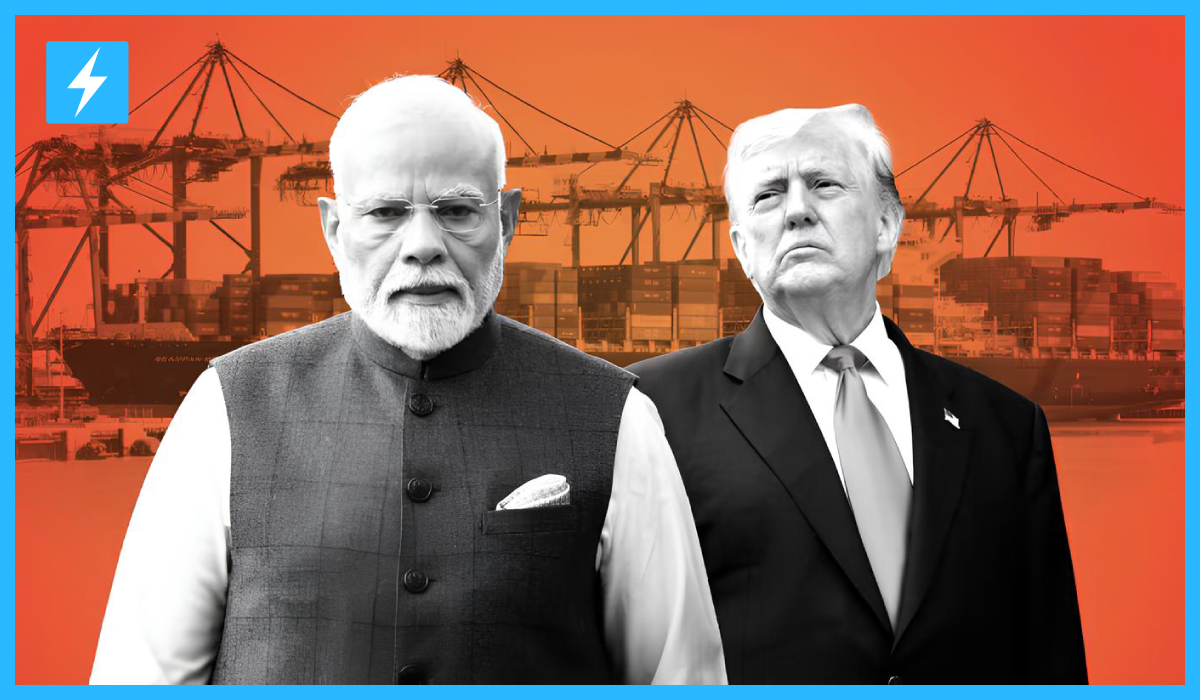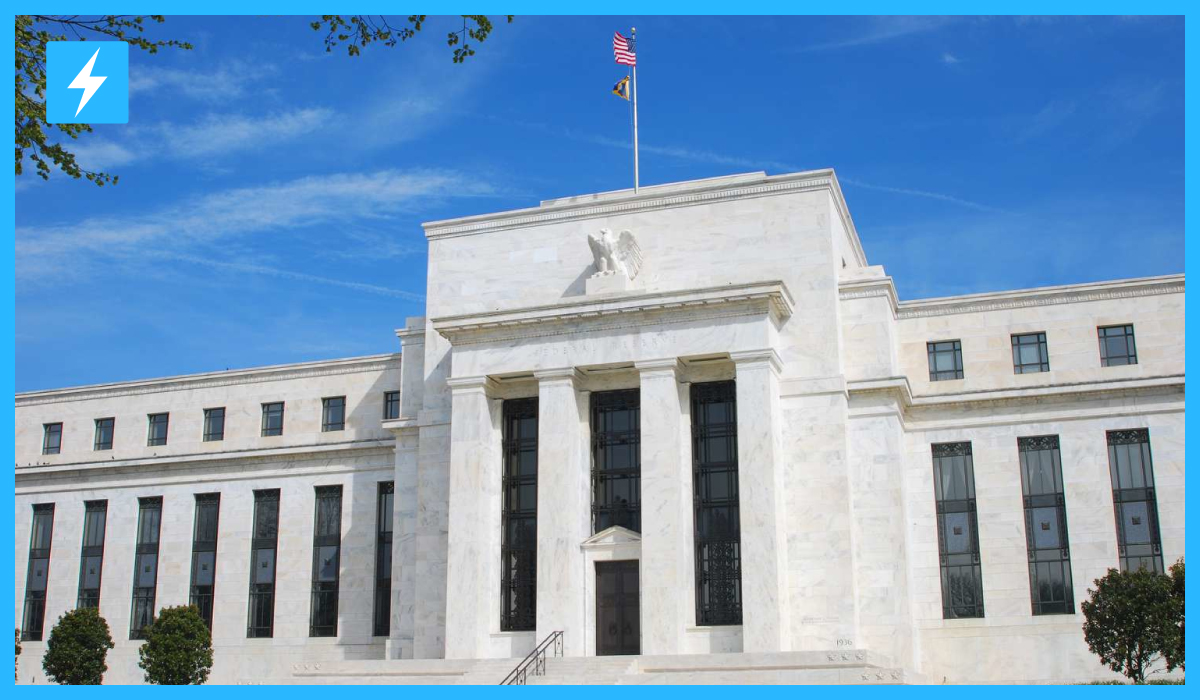This dramatic step up by US President Donald Trump may restructure global energy trade and break up the bilateral trade relationship which at one time was hailed as a strategic partnership between the world’s largest democracies. The Trump tariff threat India marks a massive fallout from what once was a very public strategic alliance, as the US President’s latest out-of-the-blue attack on New Delhi signals a deepening rift in global diplomacy.
Trump’s Aggressive Tariff Threats at India’s Russian Oil Trade
US President Donald Trump has put out what is in all accounts the harshest criticism to date of India’s energy policies, saying we will see large import taxes on India as a follow-up to the reported 25% tariff already in place. In a very public post on Truth Social, Trump accused India of buying huge amounts of Russian oil and putting it back on the open market for what they see as large profits at the expense of Ukraine, showing no care for the Ukrainian casualties. The Trump tariff threat India adds further pressure to already strained Indo-US trade ties and could have serious implications for global energy and diplomatic relations.
Trump goes after India with heavy tariffs as part of his larger plan to put pressure on Moscow’s key trade partners. The President has ramped up the rhetoric greatly, evident in the White House Deputy Chief of Staff Stephen Miller’s statement that India is in fact “financing” Russia’s war in Ukraine. This marks a break from past diplomatic politeness which until recently passed for friendship between the U.S. and India. Now Trump openly criticizes Prime Minister Narendra Modi.
These developments coincide with Trump’s August 8th deadline for Russia to put in place a peace deal with Ukraine, which is a threat that if unmet will see more sanctions issued. Reportedly, Indian state-run refiners like Indian Oil Corp and Hindustan Petroleum have begun to reduce purchases of Russian crude as discounts dried up after Trump’s warnings.
India Hits Back: States’ Criticism is Unfounded and Baseless
India’s Ministry of External Affairs issued a very strong response to Trump’s tariff threat, labeling it unfounded and unreasonable. The government’s statement broke down US arguments point by point, also bringing up Western hypocrisy given that the West remains very much part of Russian trade.
The Indian government reports that the targeting of India is without cause and out of line. Like any large economy, India will take measures it deems appropriate to protect its national interest and economic security. India stated that the US had at the beginning advocated for these imports, which India brought in to stabilize the global energy market at the start of the Ukraine crisis.
India highlighted that the West presents a mixed picture, noting that in 2024 EU-Russia bilateral trade hit €67.5 billion, greater than India’s total trade with Russia. The US still imports certain key materials from Russia for its nuclear industry and electric vehicles, including uranium hexafluoride, palladium, and a range of other chemicals.
Former US Ambassador to India Eric Garcetti’s report that “we wanted to see Russian oil bought in at a price cap” has gone viral on social media, bringing to light contradictions in current US strategy. This breakthrough news is a main issue Indian officials use to back up their energy policy.
Massive Financial Impact: India’s $50+ Billion of Russian Oil Imports at Risk
India is witnessing a dramatic change in its energy import picture since the Ukraine conflict, which has played out in Russia’s favor. Russia has become India’s preeminent oil supplier. Before February 2022, Russia accounted for less than 0.2% of India’s crude imports; now it is 35-40%, a huge shift. In the first half of 2025, India imported 1.75 million barrels of Russian oil per day — an annual value of over $50 billion.
Indian oil refineries’ role in processing Russian crude has become the backbone of the country’s energy security plan. Refiners like Reliance Industries and Nayara Energy, which account for over 50% of Russian crude imports into the country, have complex refinery systems best suited for Russian Urals crude. These plants are reporting record profits from refining discounted Russian oil and exporting refined products worldwide.
The large-scale move away from Russian oil could see India’s import bill increase by $9 to $11 billion each year if the $5 per barrel discount currently enjoyed disappears. Replacing 1.8 million barrels of Russian crude per day will be complex, economically burdensome, and politically sensitive. India will have to realign its strategy with Middle Eastern suppliers, possibly raising prices and affecting refinery margins.
Recent reports indicate India has started diversifying suppliers, with US crude oil imports up over 50% in the first half of 2025. Indian Oil Corporation reportedly bought 7 million barrels from US, Canadian, and Middle Eastern suppliers, signaling a progressive change in purchase strategy.
Social Media Eruption: World Response to Trump’s Trade War
Trump’s tariff threat sparked a social media firestorm with a wide range of reactions, from support for India’s sovereign energy choices to criticism over perceived Russian accommodation. The issue also became a political football in India, with Congress blaming the BJP for the diplomatic fallout despite earlier “Howdy Modi” meetings between the two nations.
The opposition posted scathingly: “So what of Howdy Modi? So what of Namaste Trump? We had it all — handshakes, hugs, high-decibel bromance. ‘My friend Dolaand’ has served up yet another jolt.” The opposition called this a “total foreign policy disaster.”
BJP leaders labeled the tariff threat unfortunate and called for patience for government responses. Spokesperson Praveen Khandelwal noted that Trump is known to reverse himself on issues, so caution is advised before major policy decisions.
International trade experts say the relationship between geopolitical issues and trade agreements is very complex. The US-India Partnership Forum stated that Trump’s approach adds a new element to negotiations, complicating traditional trade agreements.
Russian Foreign Ministry spokesperson Maria Zakharova called US tariff policies “neocolonialism,” asserting they will not succeed in reasserting great power dominance in the Global South. Moscow’s stance is supported by BRICS partners, who view the action as an intrusion into sovereign trade matters.
A Test of Economics Versus Geopolitics
Trump’s assertion that it is in India’s interest to buy Russian oil is an issue beyond simple trade between two countries. It is a play out between energy security and geopolitical issues in an increasingly unbalanced world. The resolution of this dispute will likely define the future of US-India relations and global energy markets.
The standoff tests whether economic pragmatism or geopolitical alliance will shape international trade relationships. The controversy underscores the growing weaponization of trade policy in international relations, with India-US trade war implications extending beyond energy markets to affect technology transfer, defense cooperation, and strategic partnerships in the Indo-Pacific region.





I don’t think the title of your article matches the content lol. Just kidding, mainly because I had some doubts after reading the article.